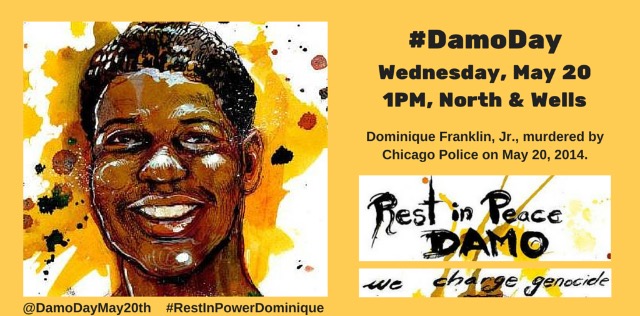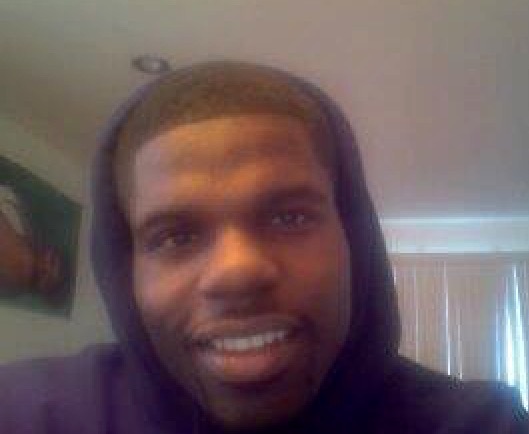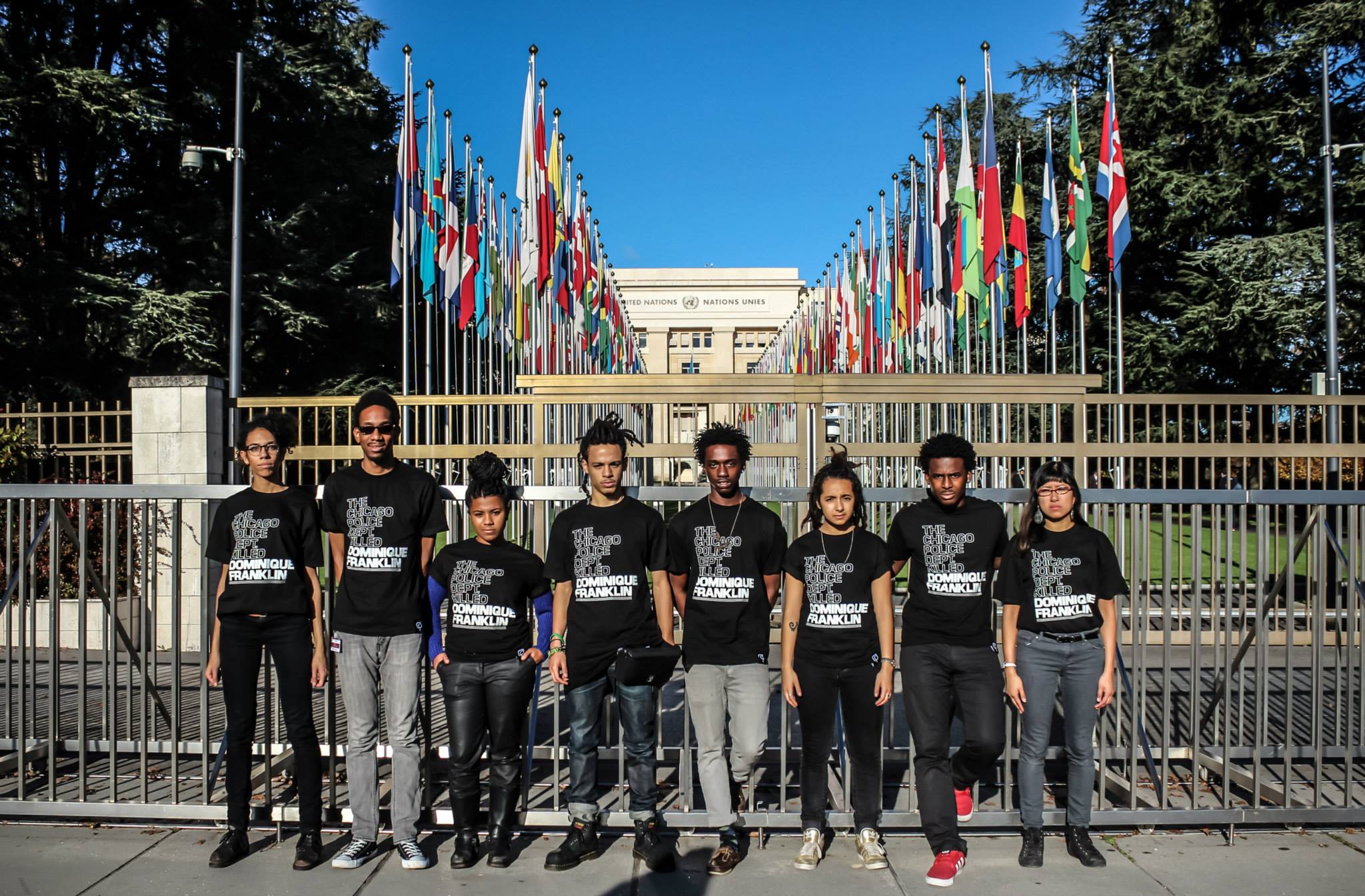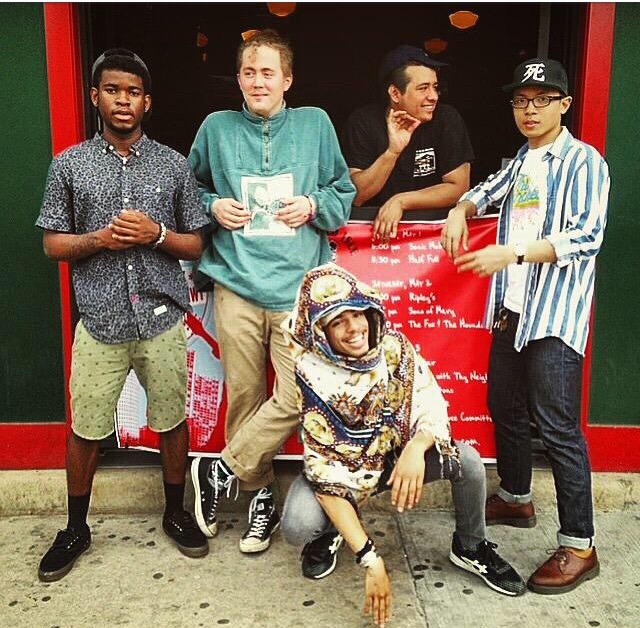Ethan Viets-VanLear is a poet, organizer, abolitionist and creative. In his 20 years the work that he has done to affect change is impressive and inspiring. Last November he and a group of young Chicago delegates with We Charge Genocide spoke before the UN Convention Against Torture in Geneva and their voices resulted in the UN report that singled out Chicago police in US torture condemnation. Ethan said “I have been heavily involved in “activism” in my community of Rogers Park. I put activism in quotations because I do not see what I am doing as something that should be specialized or out of the ordinary. I see my work of trying to better my city and community and trying to change the ways we view and interact with others and the world as something we should all be doing. I personally grew up under constant surveillance and oppression from the police and for a long time noticed the same trend in the rest of the city and country.”
He is active in many groups that focus on community, leadership and justice including Circles and Ciphers, Know Your Rights Project and was appointed to the Illinois Juvenile Justice Commission as a Youth Commissioner. Ethan wrote that “When I first started doing juvenile work I had a naive hope that somehow we could formulate a cure for this oppressive system that I saw tearing apart communities through the governmental system of this country, whether state or federal. This hope was quickly squashed as again and again I ran into walls in every institutional venue I came to; and continued to experience the brutality of this city’s police department. My attitude toward the system was solidified when earlier this year my dear friend Dominique Franklin (Damo) was murdered by the Chicago Police Department when accused of stealing liquor from a convenience store.” Ethan first met Damo several years ago but they became good friends in 2013 saying “After he was off house arrest he stayed at my house all the time. He started coming to our meetings for organizing. He was focused and dedicated in a way I had never seen before. We were close before he passed.” I met with Ethan, his bandmate in Thy Neighbors, drummer Dante Valenzuela and my son Noah to talk about Damo Day, activism, music and culture.
Can you tell me about Damo?
Dominique Franklin, known by his homies as Damo was born in Chicago, lost his mother at a young age. He had some tumultuous times with his father. Really what I see in his life and from early on was many interventions by the state in various ways, whether that be a school kicking him out or getting arrested and locked up. DCFS, constant interventions with the state including long stints of incarceration. I feel like all this accumulated. The last time he got out was winter of 2013 and he got off house arrest and in May of last year he was killed by the Chicago Police Department. He was murdered after being tasered twice in the head which is illegal. Ever since then, there has been nationwide action in his name catalyzed by people in Chicago and organized by the group We Charge Genocide.
Was Damo a key figure in your group of delegates presenting at the UN Convention against Torture and your trip to Geneva?
Definitely, we wore shirts with his name everyday, every address we gave to the UN, we said his name. The United Nations in their response back to us said his name specifically when talking about the use of tasers as inhumane and torture they specifically said Damo. I think it was the first time that a young group of people of color had come to the United Nations and we did a protest carrying pictures of him. Mariame Kaba who is a mentor to me and the leading voice I would say on prison abolition, which is a work that I engage in, started We Charge Genocide which is an organization that has the goal of bringing the stories and history of police violence to the forefront and centering on people of color. It was started for Damo and in his name and hundreds of people have really galvanized around him. (Watch Ethan’s report from Geneva here).
The Atlantic reported that “Franklin had just begun to get involved with activist organizations in Chicago. His death, Kaba said, led to a feeling of “overwhelming despair” and helplessness among many in the community. In response, Kaba and others in the community turned to history for inspiration. We Charge Genocide was a name first given to a civil rights report by the Civil Rights Congress (CRC), and presented to the United Nations in December 1951.”
Would he be blown away by the events?
Damo always took things to the extreme so I think he’d be proud, but I do think he’d want us to do even more, so I’m always pushed by that. His name is going to resonate for a long time. I want his name to be in culture and in politics. When they are talking about Ferguson’s uprising, when they are talking about what we did in Chicago, they are going to say his name and I want that to continue.
Damo Day is really a celebration. I’ve been going to protests all the time. I’m going to another one tomorrow. From what I’ve gotten from a lot of young people, and young people of color specifically, is that they get tired of going out in the streets and yelling at a system, yelling at the police department that has no inkling of change, has no positive intentions in their work. It’s like are we angry because the system is broken or angry because the system is working and doing what it is supposed to? So, I’m no longer trying to facilitate spaces for young people where we are asking the system to do something for us. I instead want to meet the death and the destruction that the system perpetuates with love, with gathering, with reason, with voice. We’re going to do a short march then we’re going to do a rally around the area where he was killed and then move on to a park. We rented a space and we’ll have music and dance and peace circles and talks. We have some prominent artists from the city coming out showing love and support.
Any artists you can mention?
I can’t say too much, but some SaveMoney representatives, Damo was part of Save Money, he grew up with all those guys. So there might be some people you’ve seen on soundcloud lately killing it. Thy Neighbors will perform.
You are part of Thy Neighbors (comprised of Ethan (Ethos) on vocals, Charlie Sullivan on rhythm guitar and vocals, Ramon Bonifacio on bass, Dante Valenzuela on drums and Wiemahn Crosby on lead guitar.) Can you tell me about the music?
It is etheral, wartime, jazz, punk, hip hop for the soul.
That’s what Thy Neighbors is, we’re all bringing our piece to it. We have an album in the works called Break the Loop which will take awhile, we’re working meticulously on that. We’ll put out an EP first in the next couple months called Part One.
Dante added, “Having practice is such a difficult task. We’re from all over and we have different schedules. But we’re still neighbors because we’re from Chicago. Weihman Crosby is the young Jimi Hendrix, lead guitar. He’s a great guitar player, ridiculously talented.
Ethan: He is. Everybody in Thy Neighbors is real talented. Dante is the only drummer I want to work with and I’ve heard a lot of drummers in the city. Ramon on bass is like our lead instrument, he comes up with beautiful bass melodies, and Charlie puts a lot of vision and energy behind us and also writes lyrics.
Noah – How do you balance your activist side with also being young and enjoying a social life?
I think it’s the community that surrounds you a lot. When I was 16 and started organizing, people kept plugging me, “yo bro, come out here, come meet with us.” There are a lot of mentors that helped me. As I study movements more, like every movement in this country, in the world really, has been started and fueled by young people. Truly, out in Egypt they might show the older folks on TV talking, but the people in the street who started the Arab Spring are teenagers with rocks. In Palestine, it’s young folks. The Black Panthers who are my heroes were young. I see myself as behind. Fred Hampton was murdered by CPD when he was 21. I’m 20. He was such a threat to the US government at age 21 that they felt that they had to kill him. So those ancestors guide my path, I see what they’ve done. I feel it as a duty, whenever I’m out, revolution is at the back of my mind.
Noah – Do you worry about your safety?
I don’t. When I see the police, I get an instant reaction. I’m studying education now and learning about conditioning, all these theories. They talk about triggers, you ring the bell and students get up. I see police and I instantly feel my heart start beating and getting nervous. ‘Do I have anything on me, am I good? Is there a warrant?’ I think that but then if I have a chance ever to confront the police face to face, I’m going to do it in a second. At that point it’s no fear because they’ve been scaring me my whole life and fear is what keeps people complacent. If I can show people that I’m not scared more people will then speak up. I don’t fear death by the state. I’d hope that even in my death, well this movement is way beyond me, and while my death would be a tragedy it would also be a catalyst for even more change. I see the people that have been persecuted, locked up now are still catalysts for change even though extracted from the movement. My physical flesh will come and go but the movement is what keeps me motivated.
Can you tell me your feelings about what just happened last week with torture reparations?
The Reparations Ordinance was passed in the city, We Charge Genocide has been pushing for this. It is to bring reparations, funding, support for people who have been tortured by CPD specifically by Jon Burge who was a commander in the 70s and 80s, a horrible and disgusting man who was convicted of torturing black people and was let out after two years. Many of the survivors are just now getting acknowledged that they were tortured. Rahm Emmanuel said he apologized, they are given some money and free education, health care, counseling programs. They will get benefits and this is the first time reparations for torture victims and survivors of the police has ever been doled out in US history and they’ve been fighting for forty years for this. So it is a big win. It is significant and big and nice to celebrate a win.
Noah – What does success entail to you?
I think there are two kinds of success. People have needs that need to be met today. If I can get a dude to come do this meeting to organize and then that day he’s not out on the block risking getting locked up, that’s a win. This reparations ordinance is a win. CPD having to record all the times they stop and frisk people which is something we’re fighting for, that’s a win, but it’s not THE win. These things help people out and makes life easier but that’s not radical change. My win would be the dissolution of the police state, the end of American race based capitalism and the end of white supremacy. These are goals I probably won’t see achieved in my lifetime, I’d like to. That’s the true win and is always on the forefront. But these smaller wins will do for now to help people live on the day to day. It’s big for the people which makes it big for the movement as the movement is all about the people.
How do you see music connected to activism?
Black Power was a movement first and and then musicians started talking about it. I see music as changing the culture. If your music advocates for social change and revolution it impacts the culture. Baltimore influenced the culture. Ferguson influenced the culture. That’s where I see the connection. Also, the artist community in Chicago is so tightly knit with the activist community. You have artists constantly coming out like Milo and Otis and Malcolm London. Chance and Vic come to some protests. It’s so intermingled.
I think of lines in songs like Acid Rain, or Mick Jenkins’ “11,” it lingers, some of the music penetrates because I’m going to listen to a song ten times. I usually don’t listen to a speech multiple times. After one of the recent tragedies, I immediately thought of your song “Antonio’s Bloom” and heard the line “How many more?”
The first protest I went to recently was around Ferguson. Malcolm London was a big part of it and Chance was there marching. I saw Show You Suck and Lili K there too, so as you said, the communities are very intermingled. Did you work with Brother Mike?
Brother Mike was my poetry coach my first year at Louder Than A Bomb. He was at YOUmedia and the family that came out of there includes NoName Gypsy, Donnie Trumpet, Chance, Vic, Malcolm London, Rachel Jackson, Saba, Mick Jenkins and so many more. Damn near countless people came from there. His phrase was “Power to the people.” He had given us that, given us artistic tips, given us the space to just be and feel. It is a loss on our city that he passed. That connection between our music and culture, allowing space for the visions in your head to come to reality. That’s what organizing is, we’re thinking of what we want the world to look like and how we want the world to be, how we want to interact and we’re trying to put that into reality, change the world around us. In music, you have this idea of these songs and you make them, you make it come into reality. Brother Mike was one of the mentors that helped a lot of us to do that.
So was that community a magnet for the most talented artists or were you taught incredibly well there? I work in classical music and there was one violin teacher at Juilliard, and out of her class came a huge number of the most successful violinists. Some debated that all the best talent went to her for her connections and others said she was a brilliant teacher. I think both were probably true. Do you feel that you learned a lot of technique, developed skills at YCA, LTAB?
My first piece that I really felt 100% proud of and that it was mine was “Stones Throw.” I had Martin Atkins play drums on it. That piece was sculpted and finished with Brother Mike. He was the first person I performed the finished version to. I got tips from him. Also not just him, so many mentors allowing space for us to come and give their voice. A safe place to be them and to create and there are only so many places for that in the city, YOUmedia and now Chance is doing the Open Mic. Those spaces are so crucial and I can count them on a hand that exist in the city. I think there is something in the air, I think we have a cultural renaissance happening now in Chicago. But also, there are so few spaces that we are all bound to run into each other. Not everyone made it either. Some people passed, some people are locked up. Some people didn’t really stick around, but those that did, you can see where some of them are now.
Please participate in Damo Day on Wednesday, May 20
1:00 PM, North & Wells in Chicago
#DamoDay will include live music and food
Celebrating life in the face of death






[…] Ramon Bonifacio, drummer Dante Valenzuela and Wiemahn Crosby on lead guitar. I recently interviewed Ethos and when I asked if he’d describe the music of Thy Neighbors he said “It is etheral, […]